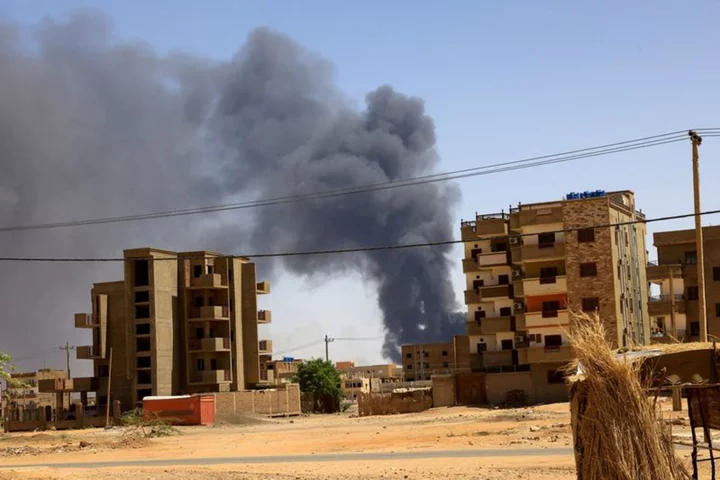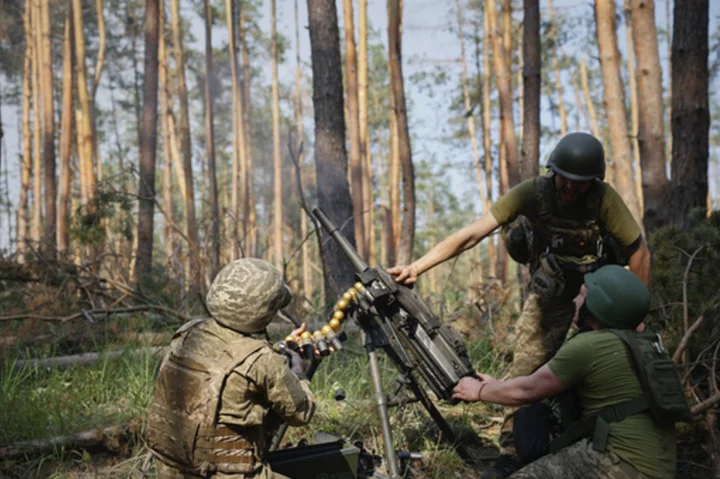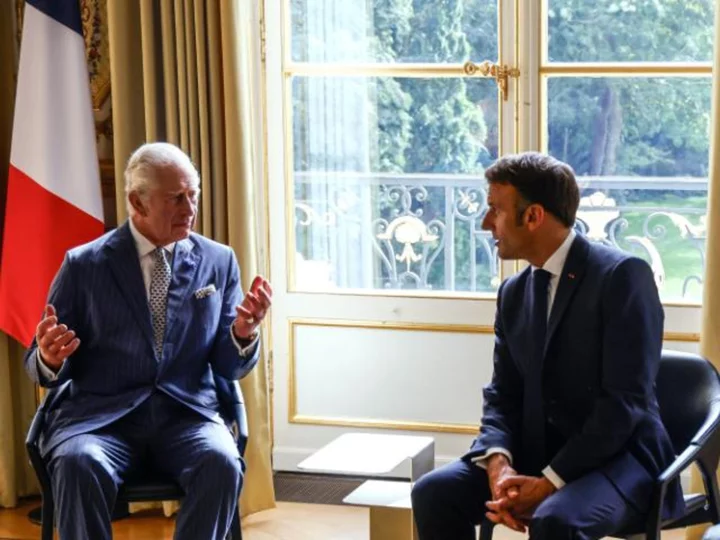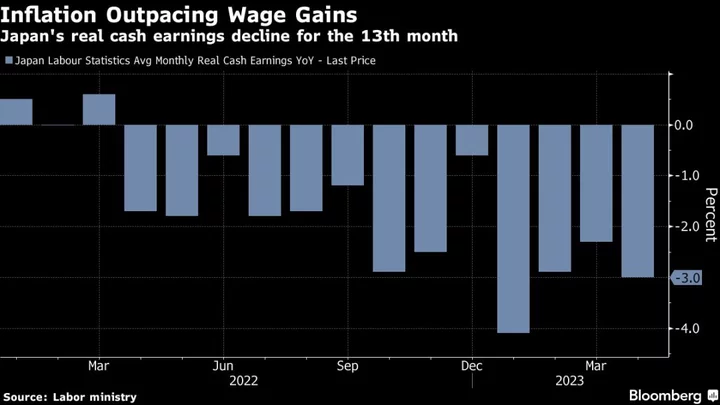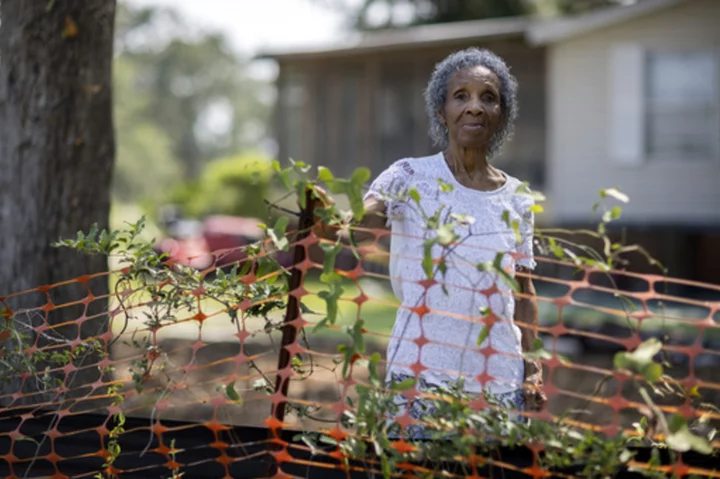By Khalid Abdelaziz
DUBAI (Reuters) -Sporadic clashes between Sudan's army and a paramilitary force spilled over into Thursday, puncturing the relative calm in the capital Khartoum and raising the risk of a week-long truce deal crumbling as concerns grew over a humanitarian crisis.
The ceasefire, monitored by Saudi Arabia and the United States, was reached after five weeks of warfare in Khartoum and outbursts of fighting in other parts of Sudan, including the long volatile western region of Darfur.
The fighting - centred on a power struggle between Sudan's army and the paramilitary Rapid Support Forces (RSF) - has worsened a humanitarian crisis, forced more than 1.3 million people to flee and threatened to destabilise a fragile region.
The army, led by career officer General Abdel Fattah al-Burhan, relies on air power while the RSF, commanded by former militia leader General Mohamed Hamdan Dagalo, widely known as Hemedti, has spread out and taken cover in Khartoum's streets.
It is unclear whether either side has gained an edge in recent weeks. Clashes between the rival factions broke out again on Wednesday in Khartoum and other cities, residents said.
Militia were also besieging Zalingei, capital of Central Darfur State, the U.N. refugee agency's Darfur coordinator Toby Harward said. Telecommunications have been cut off and gangs roaming the city on motorcycles have attacked hospitals, government and aid offices, banks and homes, he added.
A similar situation has been reported in the West Darfur State capital El Geneina, which has also been subject to a telecommunication blackout for several days after hundreds were killed in militia attacks.
FAILED CEASEFIRE
The ceasefire was agreed to on Saturday following talks in Jeddah mediated by Saudi Arabia and the U.S. Previous ceasefire announcements have failed to stop the fighting. In statements late on Wednesday, the army and RSF accused each other of violating the agreement.
The RSF said it was forced to defend itself against land, artillery and air strikes by the army. The army in turn accused the RSF of attacks on Sudan's mint, army air bases and several cities west of the capital.
Reuters could not confirm the battlefield accounts.
World Food Programme Executive-Director Cindy McCain said people were fleeing Khartoum and heading west towards Darfur, where a conflict erupted between rebels and government-backed militias two decades ago and has simmered ever since.
Despite repeated peace deals, clashes in Darfur have been increasing over the past two years and have surged since fighting broke out for the first time in Khartoum.
"We do need funding, we need private sector funding. In the meantime, the conflict has to stop and we need help from the world community to make just that happen, otherwise we are going to lose another generation of Sudanese," McCain told journalists in Berlin.
The conflict erupted in Khartoum in mid-April as plans for an internationally backed political transition toward free elections under a civilian government were set to be finalised.
U.N. humanitarian agency OCHA said agencies were ready to deliver aid to more than 4 million people, but bureaucratic blockages and security issues were hampering distribution.
Out of the 168 trucks ready to deliver assistance, just a small number were on the move from Port Sudan to Gadaref, Kassala and Al Gezira, an aid official told Reuters.
The International Committee of the Red Cross said in a statement that anaesthesia and antibiotics and other medical supplies it had donated were now being distributed to seven hospitals in Khartoum.
"Only 20% of health facilities in Khartoum are still functioning, a true collapse of the system right when it’s needed the most," said its Sudan head Alfonso Verdu Perez.
"Hospitals also urgently need water, electricity and a safe environment for their patients and staff. We appeal to the parties to respect the work of medical personnel. Lives depend on it."
Many residents are struggling to survive as they face prolonged water and power cuts, a collapse of health services and widespread lawlessness and looting.
The International Organization for Migration says more than 1 million people have been displaced within Sudan and 319,000 have fled to neighbouring countries, some of which are similarly impoverished with a history of internal conflict.
(Khalid Abdelaziz reported from Dubai; additional reporting by Emma Farge in Geneva, Nafisa Eltahir and Aidan Lewis in Cairo; Writing by Michael Georgy; Editing by Simon Cameron-Moore, Andrew Heavens and Mark Heinrich)

